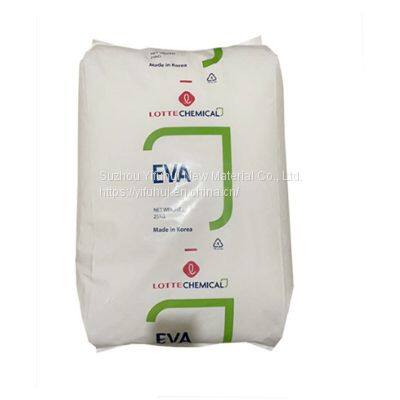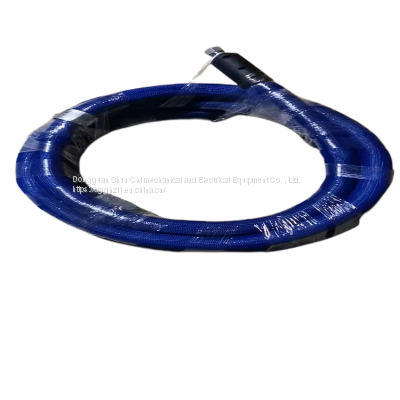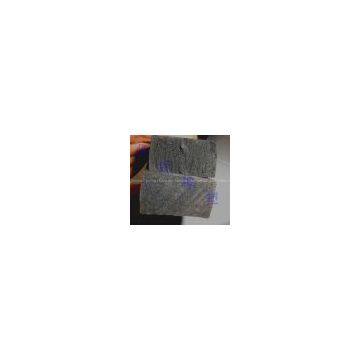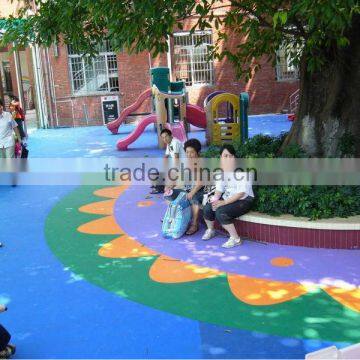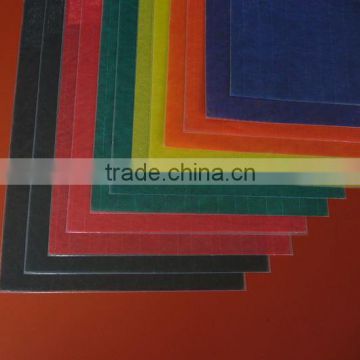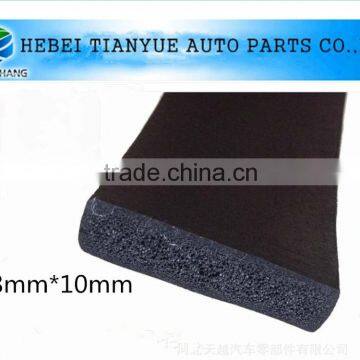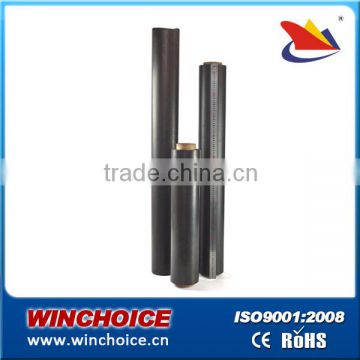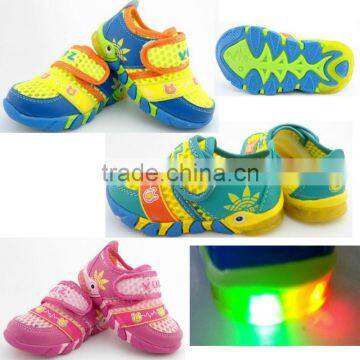rubber sheet Insights & Buyer's Guide
Rubber sheets are indispensable materials in many industries, owing to their versatile, robust, and multifunctional nature. Whether you are a process engineer researching industrial equipment, a house owner wanting waterproof options, or a venue's manager looking for suitable flooring, rubber sheets have all the solutions. This write-up helps one to understand the rubber sheets, their diverse types, the distinctive features, and the merit of each aspect of their application. In the context of the article, there will be full disclosure on why rubber sheet can be the best solution to that problem or project.
Introduction to Rubber Sheets
What is a Rubber Sheet?
A rubber sheet is essentially a square or rectangle of rubber which is commonly used in most industries due to the desirable shape of the rubber. This material produces properties such as resistivity to oils, chemicals, and extreme temperatures that enhance its performance. The production of rubber sheets is done from various types of rubber compounds, including both natural and synthetic rubbers. For instance, silicone-neoprene, EPDM, and nitrile sheets. Each rubber sheet is made to serve certain purposes, for example, offering resistance to oils or chemicals, or high temperatures. Thicker rubber sheets can also be manufactured and even take different hardnesses to suit various situations and applications. Most of them cover industrial applications, sealing housings, or many other household uses such as insulating, protective floors, and doors, for example. In both industrial and household cases, application of rubber sheets is unavoidable. Their elastic, most of the time durable, and heat-resistant properties make them the materials of choice in most cases.
Importance of Rubber in Various Industries
Rubber holds a vital importance in various industries owing to the high flexibility and toughness it offers. In automobiles, the rubber sheet is used to develop gaskets and seals which facilitate vehicle performance and durability, thus preventing any leakages and headaches with fuel consumption. The industrial sector such as construction, uses rubber sheets as insulating agents that act against the climatic conditions, noise, and electricity. The food sector avails itself of the FDA-approved rubber sheets, which are suitable for food contact and are resistant to oil and acid. Apart from some discussed industries, the oil & gas industry also uses rubber sheets as they are resistant to oils and highly elevated temperatures. The useful nature of rubber, together with its protective properties, highlights its use in several aspects of industry and shapes the applied solutions according to its specialized industrial usage without any fear of insecurity.
Overview of Different Types of Rubber Sheets
Different types of rubber sheet include, but are not limited to: natural rubber, EPDM rubber, nitrile rubber, silicone, neoprene rubber, and Viton.
Natural Rubber: Highly elastic with considerable tensile strength.
EPDM Rubber: The material is UV resistant as well as ozone and weathering.
Nitrile Rubber: It is resistant to oils and fuel.
Silicon rubber: High temperature resistance, food-safe.
Neoprene rubber: flame and chemicals resistant.
Viton rubber: superbly resists chemicals.
Types of Rubber Sheets
Silicone Rubber Sheets
Silicone rubber sheets are famous for their outstanding quality of being heat resistant, which makes them suitable for thermal-based applications. The sheets can withstand both excessive heat and cold, maintaining their flexibility and integrity within a range of -60 degrees Celsius to 230 degrees Celsius. Another factor prompting the use of silicone rubber material outdoors is the resistance to UV radiation and oxidation in ozone, as these factors are used for other engineering applications as well. Such a rubber sheet is used in most industries that face the challenge of high-performance under rough conditions, such as aerospace and automobile. There are also various grades and thicknesses of the silicone rubber sheets to make applications more appropriate and high performing. It should be noted that the use extends to the food preparation industry as well as the regulatory stipulations established by the FDA supporting its use in contact with consumables. Many more such sheets are put to use in the form of gaskets and seals in the food processing industry since they are resistant to oils and acids.
Neoprene Rubber Sheets
Neoprenes are one of the most common types of rubber sheets because they are chemical resistant and tough and can be used in many applications. These neoprenes are solvent resistant, oil and chemical resistant, and thus, they are used for making gaskets and seals in such places where the chemicals are used frequently. Neoprene also boasts of good abrasion resistance and a fair amount of ozone and weathering resistance, which facilitates its use in outdoor locations. Also, its flexibility over a very large temperature range facilitates many innovations in the industry. Not surprisingly, neoprene rubber sheet is used in automobiles, marine vessels, etc, due to the presence of petroleum-resistant and high-temperature-resistant characteristics of neoprene. They come in various types and thicknesses, meeting the needs for those particular cases and providing longevity and stability in a variety of industries.
Neoprene made Nitrile Rubber Sheets
Nitrile rubber sheets, also referred to as NBR sheets, are renowned for their outstanding resistance to oils and petroleum-based products. Hence, they are inevitable in the automotive and aeronautical industries. Such sheets exhibit great tensile strength and endurance. This means that they can take high pressures or severe conditions without almost any failure. Further, NBR is resistant to many other chemicals, including acids and bases, thus making it applicable in extreme industrial conditions. Flexibility and elasticity of nitrile sheets equip these products with additional abilities such as diffusing gases and theft. Eliminating leakages and enhancing efficiency is also among the advantages of these sheets, which is further maintained by the high degree of resistance against abrasive wear and tear. In addition to different durometers, these nitrile rubber sheets are available in various thicknesses and modifications for the appropriate applications, thus providing a substantial bridge to any company in need of long-lasting materials.
Viton Rubber Sheets
Viton rubber sheet is developed for applications where there are strong chemicals and high temperatures. This is because it’s made of an organized molecule polymer that is difficult to easily tear even when it comes in contact with adverse chemicals like acids, bases, and solutions. The oil and petroleum distillates, especially those which possess quite a bit of stress on the materials due to the construction industry, make it imperative to have Viton rubber. In addition, very high temperatures can be endured by this product. For instance, a temperature of 200degrees Celsius can be achieved by these types of sheets; hence, they can be used in very high temperatures. Their unit tensile strength and inhibition of coagulation give an additional advantage in long periods of use in turbulent areas. The best part is that there are different thicknesses and different types of Viton rubber sheet. Some of them allow one to keep the performance top-notch for a long time, easily addressing critical applications.
Applications of Rubber Sheets
Use in Gasketing and Sealing
A rubber sheet is highly curved; thus, it is perfect for general gasketing applications or many other forms of flexure. Gaskets and seals can be made from rubber because of the elasticity of the material itself. The neoprene and silicone sheets are especially preferred as they are essentially chemical resistant and do not get damaged in rough surroundings. In these cases, sheets serve as effective sealants and packings; therefore, they are vital in automotive, aerospace, and plumbing engineering etc. Different types of rubber sheets with various components and thicknesses can be manufactured, making it possible to tailor-make any practical application for their use. Even under high pressures and corrosive fluids, rubber sheet provides effective sealing that is rational and consistent.
Insulation in Electrical Equipment
The wide range of usage of rubber sheets can not be overlooked when discussing insulation of electrical equipment. This is attributed to its good insulating properties, correct mechanical characteristics, and resistance to high voltages. In this field of application, EPDM and silicone rubber sheets are even more commonly utilized as they can withstand electrical and ambient degradation. For such reasons, rubber sheets are used to envelop electrically-conducting surfaces in order to ensure smooth operation of the appliances without fear of anodising. Rubber sheets’ tough yet pliable nature ensures they can be fitted into and easily removed from molds, which allows them to be used in many applications. Varying other characteristics such as ozone and ultraviolet, and temperature resistances are also among the factors that make Congo Déf and Gabon's exile on the high plateau of south-western Uganda. Thus, rubber sheets form essential parts in the equipment of power, electronics, and communication industries, providing efficient and safe operation of the systems under hostile environments.
Applications in the Food Processing Sector
The food processing sector pays special attention to hygiene standards and was marked by rubber sheet producers at higher levels of demand for their products. The safety of the use of silicone rubber that is F.D.A. approved has enabled its use in areas that come into contact with food because of the high resistance to oil, acids, and heat. Their primary application includes creation of gaskets’ seals’ and upholstery in various food processing machines, thus preventing contamination processes at the working stations. Polyetherimide connotes anything that is not exothermically brought in contact with the food, its conservative appetite, and quality. Also, the ability to retain its form in the production period helps extend the beneficial life of equipment. Choosing the correct grade and thickness ensures that all rubber sheet applications meet all necessary regulatory standards and perform well in harsh food processing conditions.
Commercial Grade vs. Industrial Grade Rubber Sheets
In picking out a rubber sheet, which comes in commercial and industrial makes, it is very important to know the difference in order to match a product with a particular use. The commercial grade (general purpose) rubber sheet is made for applications that do not require the functionalities provided in industrial makes of rubber sheets. In other words, these sheets are used in the areas where there is little contact with aggressive chemicals or severe conditions. On the other side, the industrial grade rubber sheets are quite sophisticated in terms of designs and the materials used, as they are made to provide maximum protection against oils, chemicals, and extreme temperatures. Such designs are of particular importance in imperative areas, i.e., automotive, aerospace, and machinery industries, due to the consideration of highly reliable and long-lasting products. Whether one chooses this or that grade depends on all possible determinants of the application, namely: external environment, operating condition, other auxiliary elements, and existing regulations. Depending on the grade chosen, one can maximize the benefits of their business and operation while improving safety and cutting down costs.
Frequently Asked Questions (FAQs)
What are the different types of rubber sheet products available?
Rubber sheet products come in various types, including neoprene, silicone rubber, and nitrile rubber. Each type offers unique properties that make them suitable for specific applications. For instance, neoprene rubber sheets are excellent for weather resistance, while silicone rubber sheets are known for their high-temperature capabilities. Nitrile rubber, on the other hand, provides superior resistance to oils and chemicals. Understanding the different types of rubber can help you select the right material for your project.
How does the thickness of a rubber sheet affect its performance?
The thickness of a rubber sheet can significantly influence its performance characteristics, such as durability and flexibility. Thicker sheets often provide better insulation and resistance to wear, making them ideal for heavy-duty applications. Conversely, thinner sheets may offer greater flexibility, which is beneficial for applications requiring movement. When considering the thickness, it's essential to assess the specific needs of your application, including the required psi and environmental factors like exposure to chemicals or extreme heat.
What is the significance of durometer in rubber sheet hardness?
Durometer is a measure of a material's hardness and is crucial when selecting rubber sheets for particular applications. It indicates the material's resistance to indentation, with lower durometer values signifying softer rubber. For example, a rubber sheet with a durometer of 60a is considered softer and more flexible, making it suitable for applications where compression and movement are involved. On the other hand, harder rubber sheets are better for industrial uses requiring durability and resistance to wear and tear.
Can rubber sheets be used for electrical insulation?
Yes, rubber sheets can be effectively used for electrical insulation due to their excellent electrical properties. Materials like silicone rubber and neoprene are especially popular for their ability to withstand high voltages and provide reliable insulation in electrical applications. Rubber sheets designed for this purpose not only prevent electrical leakage but also offer resistance to weathering and extreme heat, ensuring long-lasting performance. When selecting rubber for electrical insulation, it's essential to consider its dielectric strength and other relevant properties.
What are the benefits of using commercial grade rubber sheet products?
Commercial grade rubber sheet products are designed to meet the demands of various industries, offering superior durability and performance. These sheets are often manufactured with enhanced properties, such as excellent chemical resistance and weather resistance, making them suitable for challenging environments. They are also available in various thicknesses and formulations, including neoprene and nitrile rubber. Utilizing commercial grade rubber ensures reliability in applications such as gasketing, food processing, and industrial sealing, where quality cannot be compromised.
How do rubber rolls differ from rubber sheets?
Rubber rolls and rubber sheets serve different purposes, although they are made from similar materials. Rubber rolls are typically sold in larger sizes and are ideal for applications requiring extensive coverage, such as flooring or industrial mats. They can be easily cut into strips or shapes to meet specific needs. In contrast, rubber sheets are often pre-cut to size and are used for more precise applications like gaskets or washers. The choice between rubber rolls and sheets depends on the scale and requirements of your project.
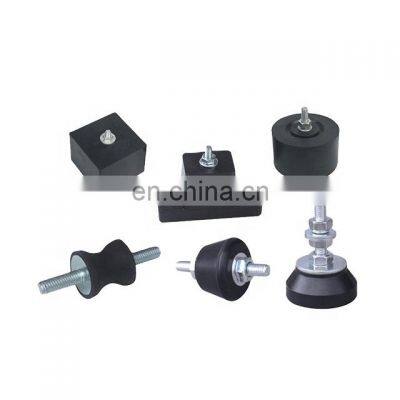 Air conditioner anti vibration rubber sheetNegotiableMOQ: 1Jingjiang Fuji Technology Co., Ltd.3 YRS
Air conditioner anti vibration rubber sheetNegotiableMOQ: 1Jingjiang Fuji Technology Co., Ltd.3 YRS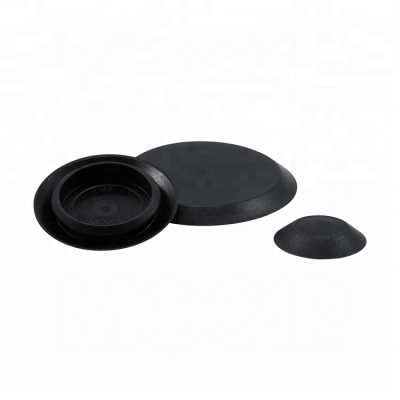 Black Rubber Plugs for Flush Mount Body Instrument Panel Sheet Metal HolesUS$ 0.04 - 0.08MOQ: 1000 PiecesZhongshan MOCAP Industry Co.,LTD1 YR
Black Rubber Plugs for Flush Mount Body Instrument Panel Sheet Metal HolesUS$ 0.04 - 0.08MOQ: 1000 PiecesZhongshan MOCAP Industry Co.,LTD1 YR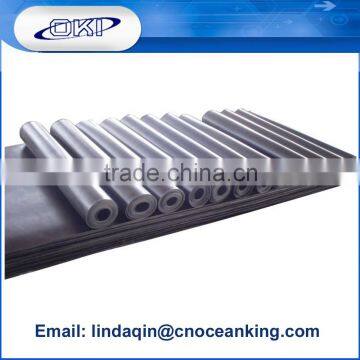 vulcanized rubber sheet/epdm rubber sheetNegotiableMOQ: 1 RollOcean King Industries Limited5 YRS
vulcanized rubber sheet/epdm rubber sheetNegotiableMOQ: 1 RollOcean King Industries Limited5 YRS NR rubber sheet/Natural rubber sheetUS$ 1 - 30MOQ: 200 PiecesTangshan Bencheng Science & Technology Co., Ltd.5 YRS
NR rubber sheet/Natural rubber sheetUS$ 1 - 30MOQ: 200 PiecesTangshan Bencheng Science & Technology Co., Ltd.5 YRS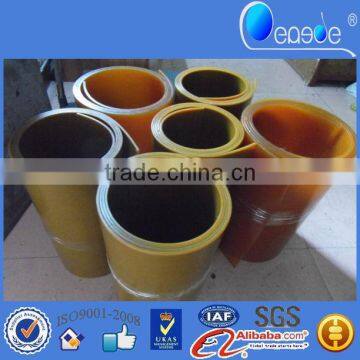 rubber sheet floor sheetingUS$ 2.3 - 8.9MOQ: 10 KilogramsFoshan Pengde Rubber Plastic Co., Ltd.5 YRS
rubber sheet floor sheetingUS$ 2.3 - 8.9MOQ: 10 KilogramsFoshan Pengde Rubber Plastic Co., Ltd.5 YRS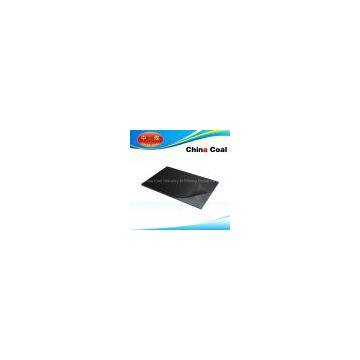 Clamp Wire rubber sheetNegotiableMOQ: 1 Metric TonShandong China Coal Industry & Mining Group Co.,Ltd5 YRS
Clamp Wire rubber sheetNegotiableMOQ: 1 Metric TonShandong China Coal Industry & Mining Group Co.,Ltd5 YRS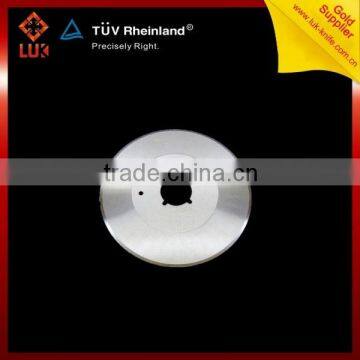 rubber sheet cutting machineUS$ 5.89 - 10.56MOQ: 20 PiecesLiuzhou Lian United Knives Co., Ltd.5 YRS
rubber sheet cutting machineUS$ 5.89 - 10.56MOQ: 20 PiecesLiuzhou Lian United Knives Co., Ltd.5 YRS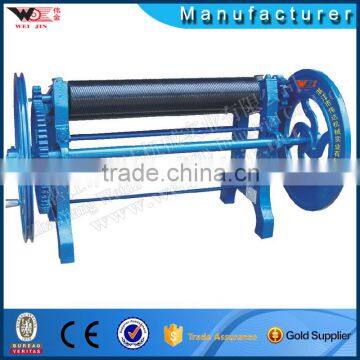 rubber sheet rolling machineUS$ 1 - 9MOQ: 1 SetZhanjiang Weida Machinery Industrial Co., Ltd.5 YRS
rubber sheet rolling machineUS$ 1 - 9MOQ: 1 SetZhanjiang Weida Machinery Industrial Co., Ltd.5 YRS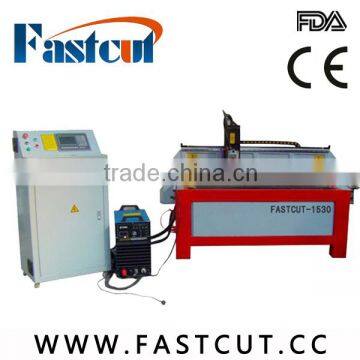 rubber sheet cutting machineUS$ 8,000 - 12,000MOQ: 1 SetJinan Zhongtang Mechanical Equipment Co., Ltd.5 YRS
rubber sheet cutting machineUS$ 8,000 - 12,000MOQ: 1 SetJinan Zhongtang Mechanical Equipment Co., Ltd.5 YRS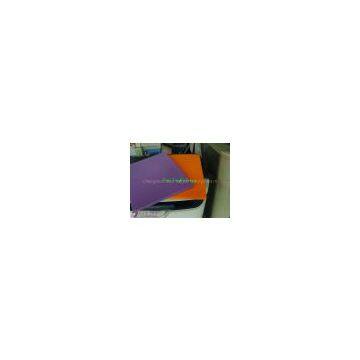 neoprene sponge rubber sheet/thin rubber sheet/pvc sponge leatherUS$ 12.46 - 12.46MOQ: 2000 SetsChangzhou daye tengfei factory5 YRS
neoprene sponge rubber sheet/thin rubber sheet/pvc sponge leatherUS$ 12.46 - 12.46MOQ: 2000 SetsChangzhou daye tengfei factory5 YRS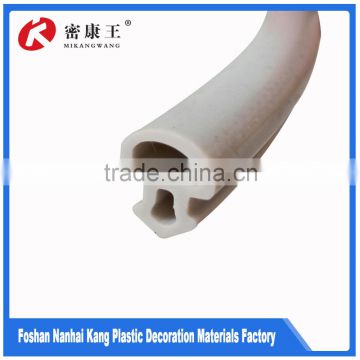 self adhesive rubber sheet adhesive backed rubber sheetUS$ 1 - 5MOQ: 200 KilogramsFoshan Nanhai Kangsu Decoration Material Co., Ltd.5 YRS
self adhesive rubber sheet adhesive backed rubber sheetUS$ 1 - 5MOQ: 200 KilogramsFoshan Nanhai Kangsu Decoration Material Co., Ltd.5 YRS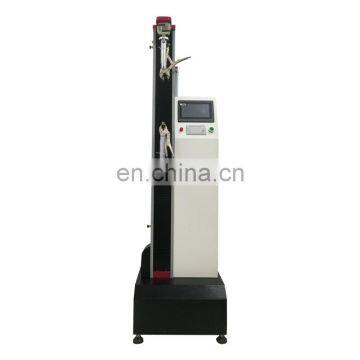 rubber sheet tensile testing machineUS$ 2,000 - 2,500MOQ: 1 SetHongjing Test Instrument Co., Ltd.5 YRS
rubber sheet tensile testing machineUS$ 2,000 - 2,500MOQ: 1 SetHongjing Test Instrument Co., Ltd.5 YRS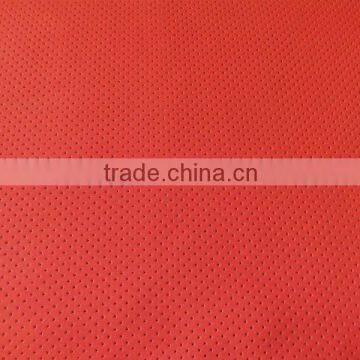 Wholesale Perforated Neoprene rubber sheetNegotiableMOQ: 1 SheetDongguan Saivlon Sports Goods Limited5 YRS
Wholesale Perforated Neoprene rubber sheetNegotiableMOQ: 1 SheetDongguan Saivlon Sports Goods Limited5 YRS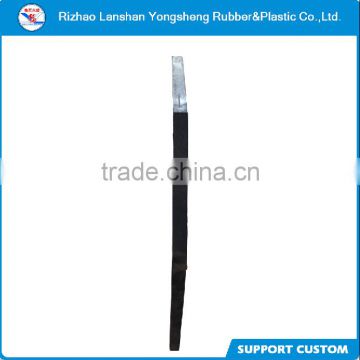 nbr rubber oil box spacer rubber sheetUS$ 0.01 - 1MOQ: 1000 PiecesRizhao Lanshan Yongsheng Rubber & Plastic Co., Ltd.5 YRS
nbr rubber oil box spacer rubber sheetUS$ 0.01 - 1MOQ: 1000 PiecesRizhao Lanshan Yongsheng Rubber & Plastic Co., Ltd.5 YRS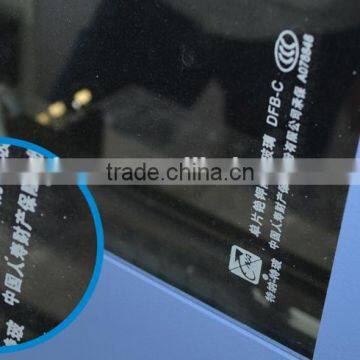 rubber sheet cutting machine for printing and packing industryUS$ 3,200 - 4,800MOQ: 1 SetJinan JinQiang Laser CNC Equipment Co., Ltd.5 YRS
rubber sheet cutting machine for printing and packing industryUS$ 3,200 - 4,800MOQ: 1 SetJinan JinQiang Laser CNC Equipment Co., Ltd.5 YRS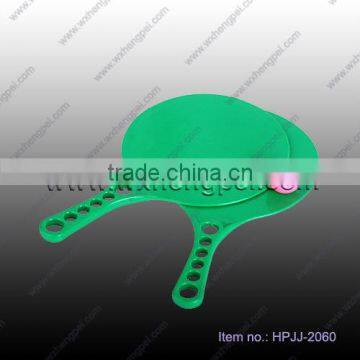 Table Tennis Racket With ITTF rubber sheetNegotiableMOQ: 1000 SetsWuxi Hengpei Import & Export Co., Ltd.5 YRS
Table Tennis Racket With ITTF rubber sheetNegotiableMOQ: 1000 SetsWuxi Hengpei Import & Export Co., Ltd.5 YRS Fitness Center Gym Flooring rubber sheet RollUS$ 5.58 - 17.18MOQ: 100 Square MetersQingdao FABA Industry & Trade Co., Ltd.5 YRS
Fitness Center Gym Flooring rubber sheet RollUS$ 5.58 - 17.18MOQ: 100 Square MetersQingdao FABA Industry & Trade Co., Ltd.5 YRS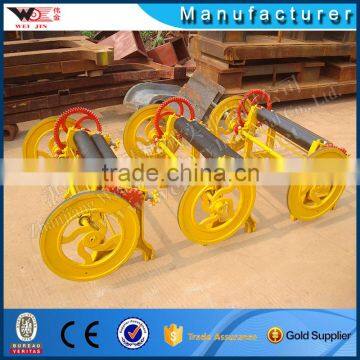 rss nature rubber sheet making machine priceUS$ 1 - 100,000MOQ: 1 UnitZhanjiang Weida Machinery Industrial Co., Ltd.5 YRS
rss nature rubber sheet making machine priceUS$ 1 - 100,000MOQ: 1 UnitZhanjiang Weida Machinery Industrial Co., Ltd.5 YRS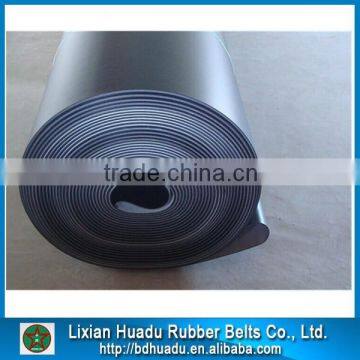 Industrial rubber sheet without ply to be used as basesUS$ 5.5 - 50MOQ: 100 MetersLixian Huadu Rubber Belts Co., Ltd.5 YRS
Industrial rubber sheet without ply to be used as basesUS$ 5.5 - 50MOQ: 100 MetersLixian Huadu Rubber Belts Co., Ltd.5 YRS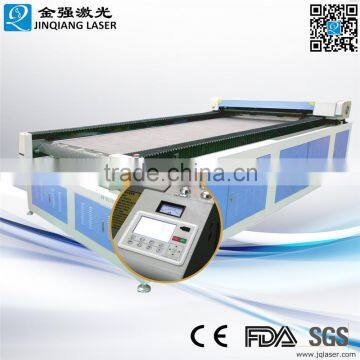 best sales machinery for rubber sheet cutter machineUS$ 9,500 - 12,000MOQ: 1 SetJinan Jinqiang Laser CNC Equipment Co., Ltd.5 YRS
best sales machinery for rubber sheet cutter machineUS$ 9,500 - 12,000MOQ: 1 SetJinan Jinqiang Laser CNC Equipment Co., Ltd.5 YRS China Supplier!Laser cutting machine for rubber plate/rubber sheetUS$ 2,000 - 6,300MOQ: 1 SetJinan Xintian Technology Co., Ltd.5 YRS
China Supplier!Laser cutting machine for rubber plate/rubber sheetUS$ 2,000 - 6,300MOQ: 1 SetJinan Xintian Technology Co., Ltd.5 YRS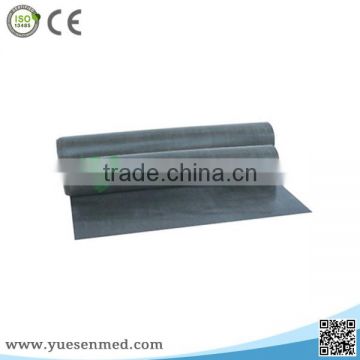 YSX1522 Hospital Radiation lead sheet Protective Lead rubber sheetNegotiableMOQ: 1 Square MeterGuangzhou Yueshen Medical Equipment Co., Ltd.5 YRS
YSX1522 Hospital Radiation lead sheet Protective Lead rubber sheetNegotiableMOQ: 1 Square MeterGuangzhou Yueshen Medical Equipment Co., Ltd.5 YRS different size cutting board plastic pu sheet polyurethane rubber sheetUS$ 1 - 6MOQ: 5 SheetsXingtai Changshuo Auto Parts Co., Ltd.5 YRS
different size cutting board plastic pu sheet polyurethane rubber sheetUS$ 1 - 6MOQ: 5 SheetsXingtai Changshuo Auto Parts Co., Ltd.5 YRS

